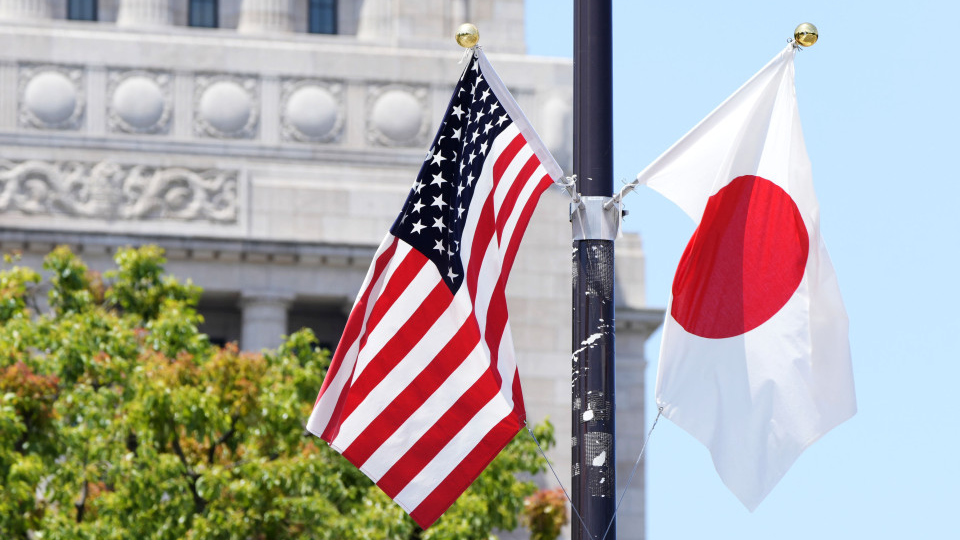Japan is considering allowing more imported cars to qualify for a simplified safety and environmental screening process in a bid to win concessions in tariff negotiations with the United States, sources close to the matter said Monday.
The idea to enhance Japan’s Preferential Handling Procedure, a system applied to imported vehicles sold in small quantities in the country, may be discussed along with a proposal to increase U.S. farm imports during the second round of tariff negotiations with the United States planned in the coming days.
Japan is calling for the administration of U.S. President Donald Trump to revisit its move to impose a series of tariffs, which are affecting products ranging from cars to steel and aluminum. Japan also faces a 24 percent so-called reciprocal tariff, although part of it has been halted as negotiations continue.
The Trump administration has criticized the lack of access to Japan’s automotive market, saying that U.S. carmakers face a variety of nontariff barriers, such as nonacceptance of certain U.S. standards.
Under the standard certification procedures for the mass sale of imported automobiles in Japan, authorities examine sample vehicles and manufacturers’ quality control systems before granting approval for designated vehicle types.
The Preferential Handling Procedure, meanwhile, is a less costly special certification system that allows such inspections to be significantly simplified, with the number of eligible units currently set at 5,000 units per car model per year.
The ceiling was raised from 2,000 to 5,000 in 2013, in response to a U.S. request, during negotiations for a trans-Pacific free trade agreement. The increased limit has remained there since, although Trump, during his first term between 2017 and 2021, withdrew the United States from the pact known as Trans-Pacific Partnership.
In 2024, domestic sales of U.S.-brand vehicles in Japan included around 10,000 units for Jeep, 217 for Ford, and 587 for Chevrolet.
While the current limit appears to be sufficient based on these figures, a Japanese government official said it is still “meaningful to address what the United States perceives as nontariff barriers.”
Japan does not impose tariffs on imported cars, trucks or buses.
Ryosei Akazawa, minister in charge of economic revitalization and Japan’s chief tariff negotiator, is set to visit the United States from Wednesday for tariff negotiations with U.S. Treasury Secretary Scott Bessent and others.
Related coverage:
Trump says tariff deal with Japan “very close” to completion
Japan mulls expanding imports of soybeans, corn in U.S. tariff talks
No U.S. push for Japan to prop up yen in tariff talks


AloJapan.com